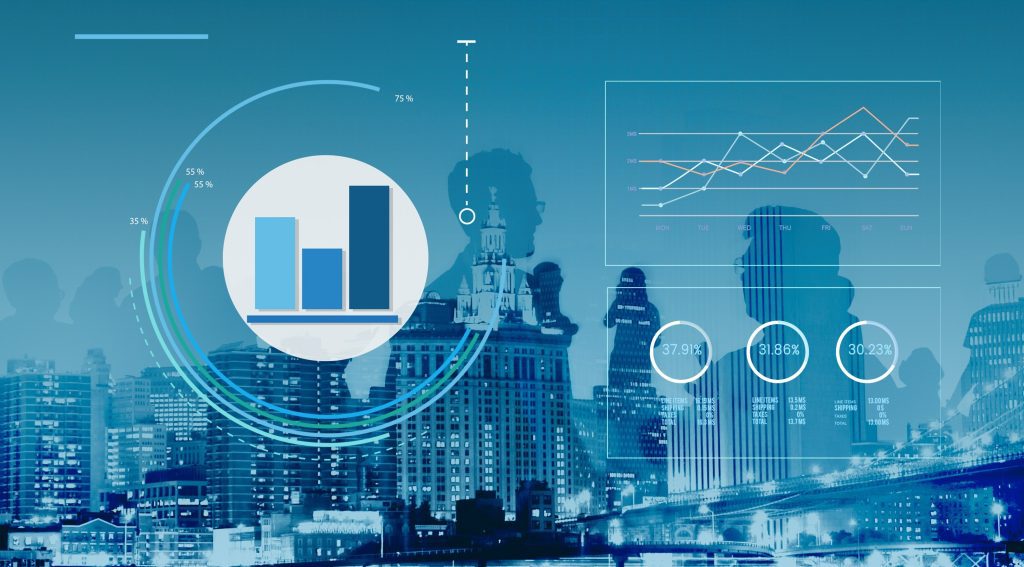This release at Cision PR Newswire is a summary of the new report from the Association for Financial Professionals (AFP) called the Payments Cost Benchmarking Survey, the last version of which was released in 2015. The new report should provide a decent contrast given the lapsed time of six years, and would be in the B2B space, which is where AFP concentrates their research. The survey was conducted in September 2021, so the data is quite recent. One of the key questions anyone might have is what has happened with check usage and/or costs, particularly given the two+ years of pandemic-driven digitization. Members of AFP can download the full results, but the high-level summary indicates that check usage, though still widely in use, has gone down.
‘Financial professionals are processing fewer checks; currently the median volume of checks processed is 500-999 per month compared to the 1000-1999 reported in 2015.Survey findings reveal median volume of ACH transactions have doubled in the last six years (1,000-1,999 per month versus 500-999). Median costs to issue and receive paper checks remain unchanged since 2015 at $2-$4 and $1-$2 per check respectively, while costs to initiate and receive ACH transactions are far less at $0.26-$0.50 per transaction.’
The summary article also states that the cost of processing checks remains relatively high versus electronic payment types. There are also a couple of new data points in this survey, including real-time payments, which did not exist in the U.S. market in 2015. Again, one would need to get access to the full report to see these data points.
‘”The findings of this survey confirm that paper checks to continue to be considerably more expensive than some electronic payment methods.” said Jim Kaitz, president and CEO of AFP. “As the coronavirus pandemic unfolded, companies sought more streamlined and efficient payments processes, which accelerated the transition to digital payments. It will be interesting to see how payment types evolve as the pandemic continues and new real-time payment rails become more established.”’
Overview by Steve Murphy, Director, Commercial and Enterprise Payments Advisory Service at Mercator Advisory Group
